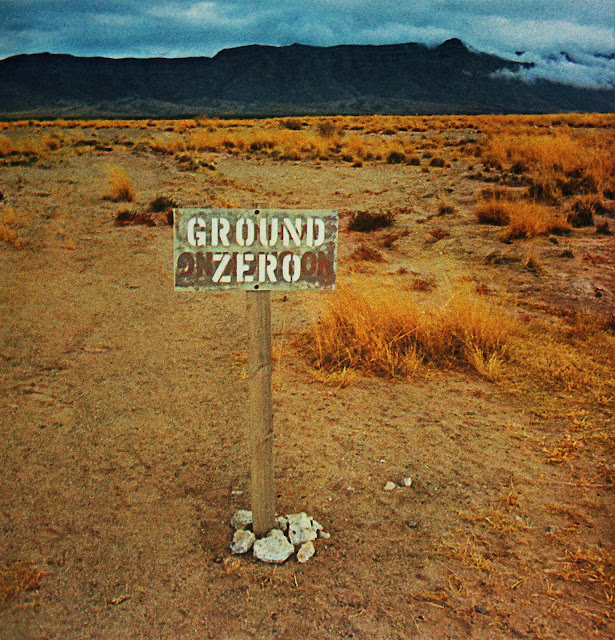The Frankfurt debt to Benjamin:
1) The critique of progress – no progress without a revolutionary break with history as the continuous reproduction of domination.
“That there is a ‘status quo’ is the catastrophe.” (1938)
“Capitalism will not die a natural death.” (1940?)
2) Radicalization of aim: classless society plus an end to the domination of nature.
Break with master logics as such entails break with all fetishization of labor and work discipline. Radical skepticism toward technology. Opening to play and the ecological turn.
“The [Left’s] conception of labor is tantamount to the exploitation of nature, which, with naïve complacency, is contrasted with the exploitation of the proletariat.” (Thesis XI, 1940)
3) Allegorical method of dialectical critique.
Argument by image (dialectical image and dialectic of images).
But also: immanent-dialectical immersion in particulars as the way to the general and global.
The Goethe epigraph to the Trauerspiel book: the whole is unfolded from the part.
No bypassing direct appeal to the general – no ideology-transcendent critique from outside, over and above particulars, without attending to their truth content.
Critique of global totality, then, that nevertheless rescues the truth of the singular and non-identical – the cultural object as relic, fragment, hieroglyph, promise.
In the singular qua constellated monad, truth emerges from the force field of tensions.
(Very close to Marx’s method in Capital, but directing this questioning intensity to artworks and objects of culture.)
Difference:
Throughout his amazing critical immersions in culture and history, Benjamin stayed focused on the problem of revolution: he kept driving his radical melancholy in the direction of praxis, until the image-idea of an organized pessimism flared up over the field of political disaster.
The Frankfurt theorists, giving up on revolution as a practical problematic (exception: Marcuse), veered back into academia and staked out radical positions within philosophy and sociology.
(Storm off Port-bou, photo: Paolo Matta)




No comments:
Post a Comment